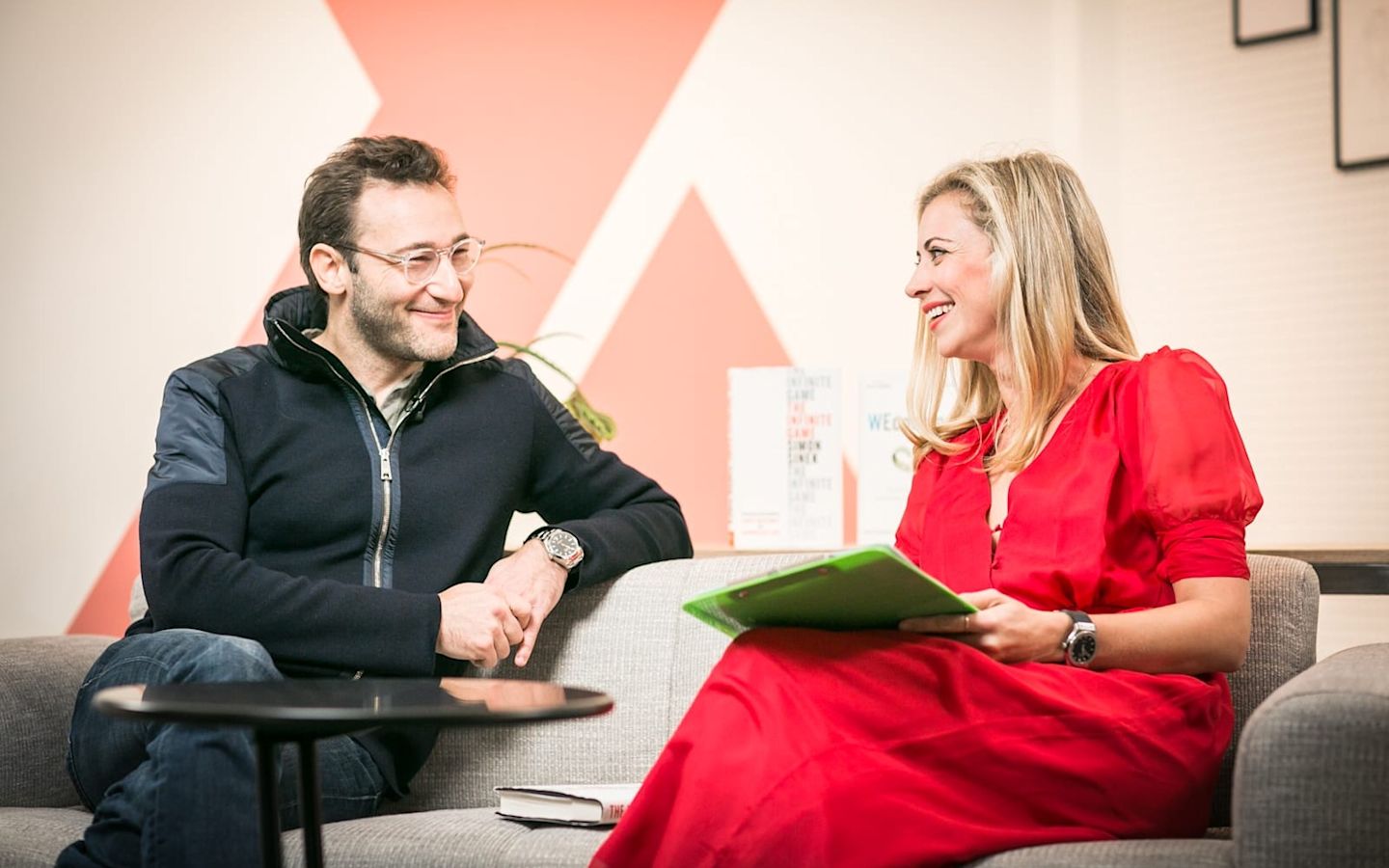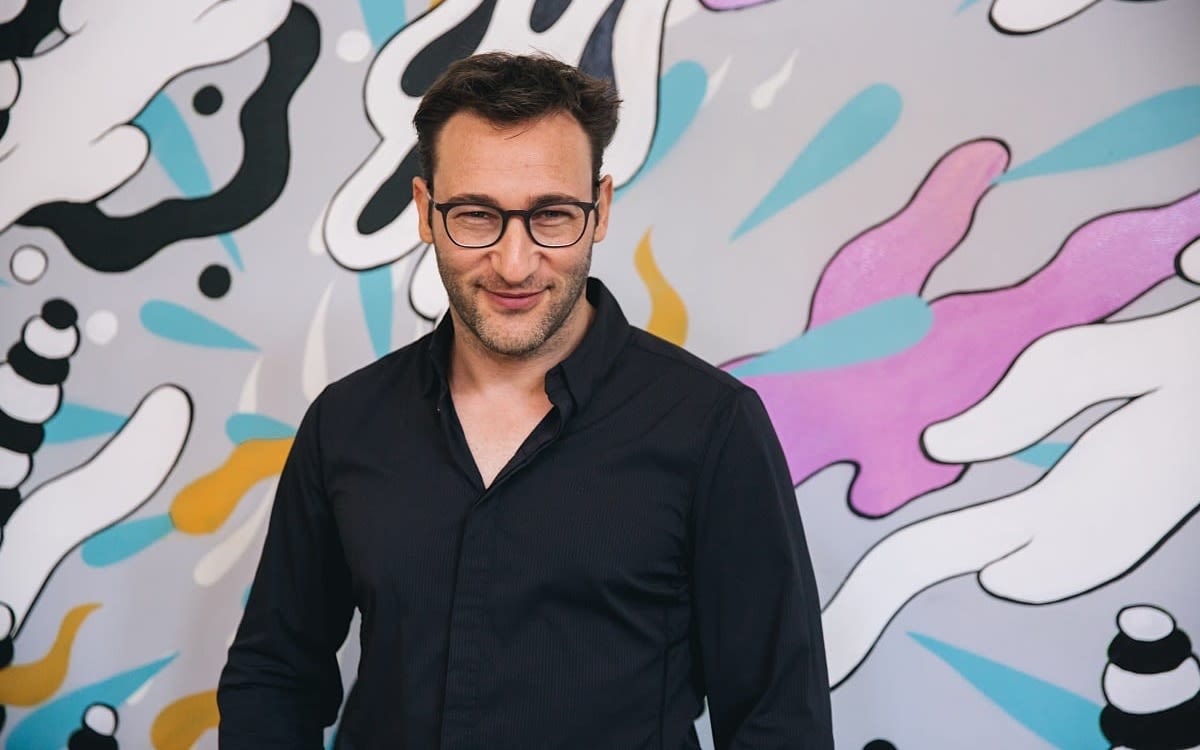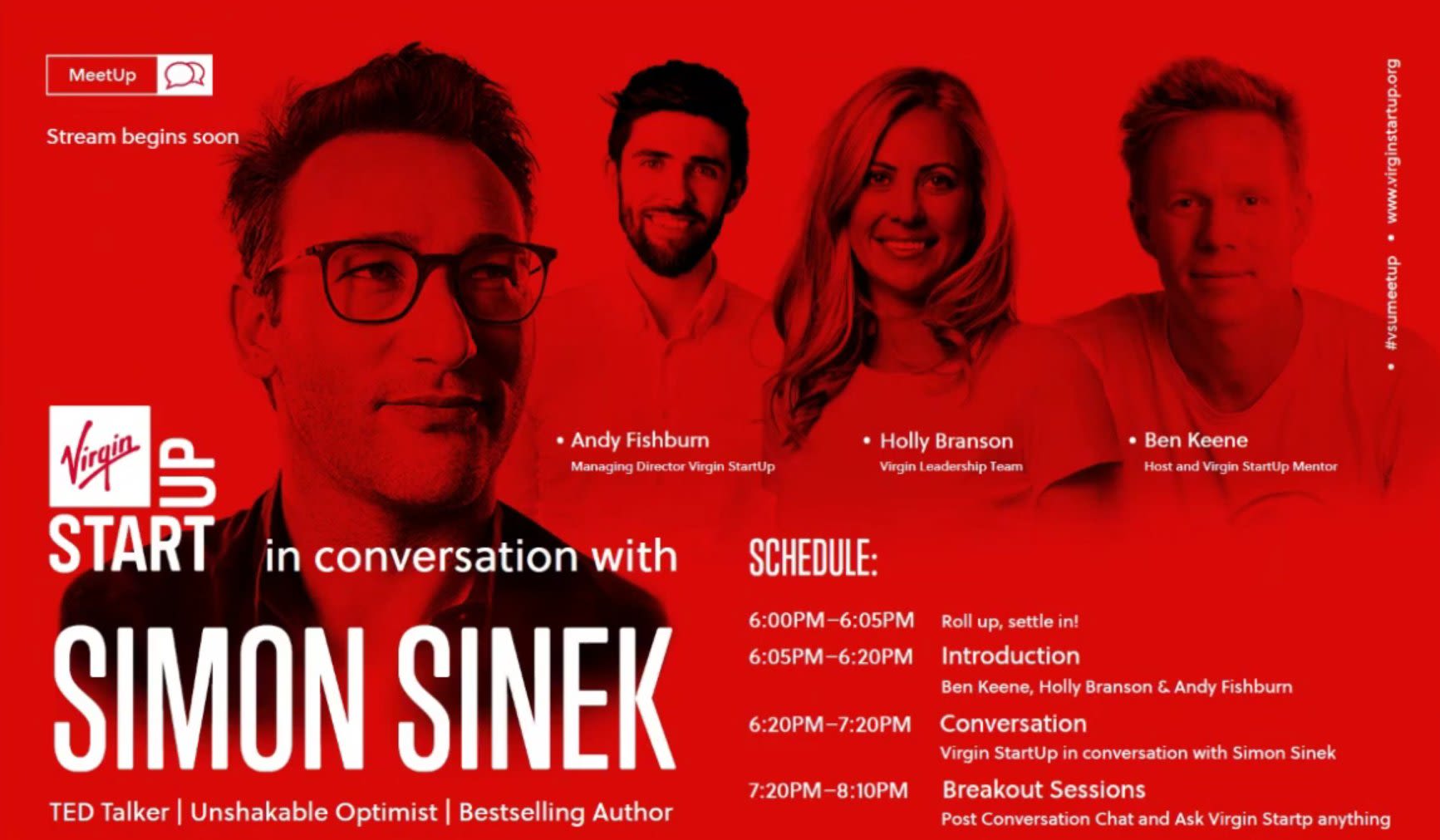Why chasing the competition isn’t everything
People love stories, and there are few more beloved tales than the underdog overcoming the big guy. David vs Goliath stories have endured for millennia because we like to see strong, healthy competition, and we want to support the longshot.
Virgin has thrived on this competitive streak throughout our brand’s history. When we started Virgin Records, we wanted to beat the bigger labels to signing the most exciting bands, because we were more nimble, more attuned to what artists wanted, and more willing to take risks. When we launched Virgin Atlantic to take on British Airways, we wanted to create a flying experience people loved, rather than endured. We strived to fix everything about aviation people hated and introduce things that would make them smile.
Being competitive is part of our brand, and – as anyone who’s seen me on the tennis court would attest – part of my personality. But something my friend Simon Sinek said recently made me think about the nature of competitiveness. It is often mistaken as oppositional – that we need an enemy to overcome and triumph over. Actually, Simon says, chasing the competition is all relative. In reality, we should be competing against ourselves. Simon recently told ICONIQ:
Outperforming a shitty competitor doesn't mean that you're having great impact in the world, on your business, on your company, or anything.
You need to concentrate on your own reason for being, your own purpose – your own why – and aim to improve things for your employees and your customers. If you just focus on what your competitor is doing, you’re never going to come up with anything new.
Simon gives the example of Microsoft concentrating all its energies on trying to beat Apple’s iPod Touch. Meanwhile, Apple were competing against themselves, and brought out the iPhone, making their competitors copycat product irrelevant. As Simon said:
That's what it means to chase the dream instead of the competitor.
Some businesses spend so long looking over their shoulders that they lose track of where their own companies are headed. Too much attention spent on "What are they up to now?" can lead to a company being reactionary, rather than innovative. Building the right culture means striking a balance, learning from your competitors' mistakes while pushing ahead with ideas of your own. Compete with yourself, and you’re far more likely to get where you want to go, and have fun along the way.




